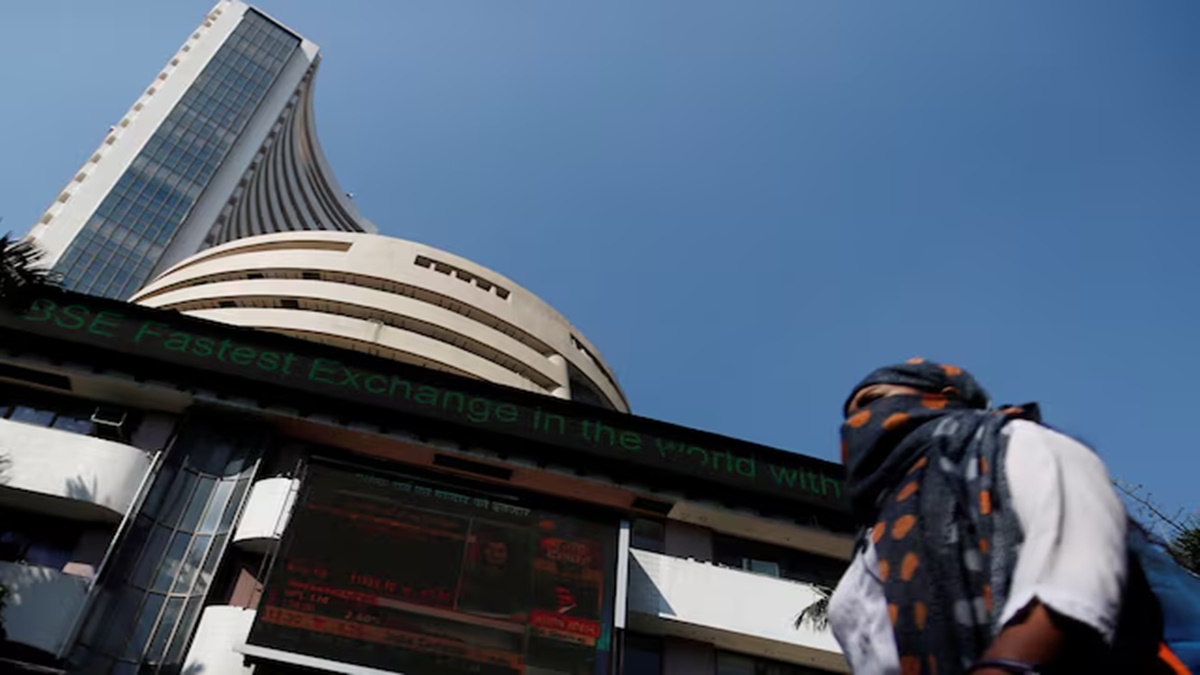On Friday, the BSE stock experienced a remarkable surge, climbing 18% after the Securities and Exchange Board of India (SEBI) unveiled plans to establish expiry days on Tuesdays and Thursdays. This shift has the market buzzing, particularly as traders anticipate the implications for futures and options trading.
BSE Stock Performance and NSE’s Announcement
In a significant move, the National Stock Exchange (NSE) announced that its previously scheduled implementation of Monday expiries, set to commence on April 4, has been postponed. This decision followed the excitement generated by SEBI’s proposals, leading to a robust performance from BSE, which closed up 16.1% at Rs 5,438—marking its most impressive trading session since September 17.
- BSE Stock Surge: 18% increase on Friday
- Closing Price: Rs 5,438
- Best Performance Since: September 17
The BSE stock had previously seen a decline of 14% following the NSE’s initial announcement regarding Monday expiries, which was made on March 4. However, recent trading sessions have seen a rebound, fueled by speculation surrounding a potential bonus issue and SEBI’s latest regulatory guidance.
Market Reactions and Expert Opinions
In addition to the positive momentum from SEBI’s proposals, reports indicating a potential delay of at least two years for the NSE’s IPO due to governance concerns have also contributed to a favorable sentiment surrounding BSE’s stock. This news has analysts buzzing about the changing landscape of the Indian stock market.
Ruchit Jain, the head of technical research at Motilal Oswal, expressed optimism about SEBI’s recent directive, suggesting it will enhance the sustainability of BSE’s F&O products. Meanwhile, Siddarth Bhamre, leading institutional research at Asit C Mehta, noted that while the directive may influence expiry day trading volumes, overall market sentiment will also play a crucial role.
- Expert Insights:
- Ruchit Jain: Positive impact on F&O sustainability
- Siddarth Bhamre: Volumes influenced by market sentiment
Concerns About Trading Volumes
Bhamre raised concerns about the potential drawbacks of weekly expiries, citing excessive trading and speculation on those days, which could disrupt market dynamics. He emphasized that the elevated trading volume linked to weekly expiries may not be beneficial for the overall market texture.
BSE’s Growing Market Share
Amid these developments, the BSE has seen its market share in the F&O segment rise dramatically, increasing from 4.2% in the second quarter of the previous fiscal year to 36.8% in the current quarter. This notable growth highlights the exchange’s strengthening position in the competitive landscape of Indian financial markets.
In summary, as the BSE navigates these regulatory changes and market dynamics, the future appears bright for this key player in the Indian stock exchange arena.











